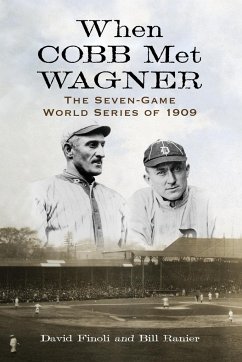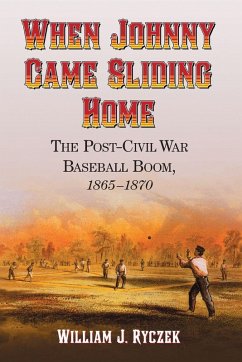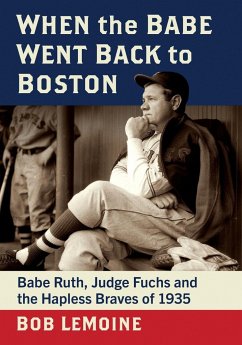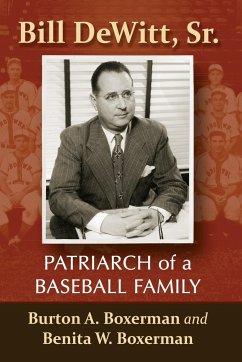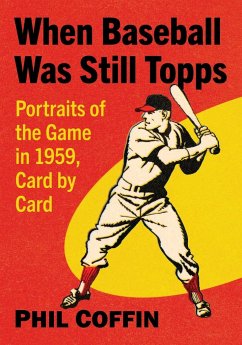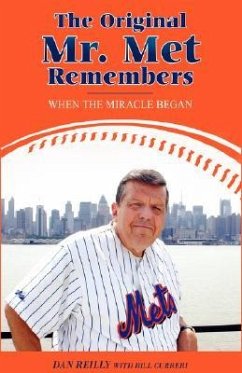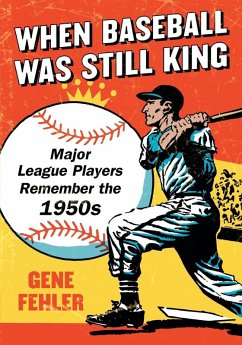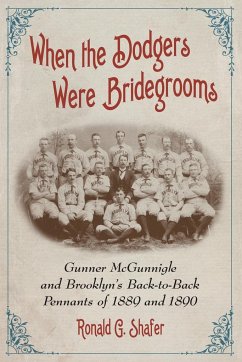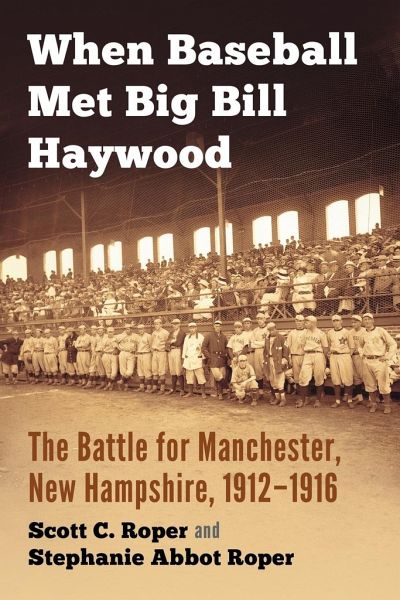
When Baseball Met Big Bill Haywood
The Battle for Manchester, New Hampshire, 1912-1916
Versandkostenfrei!
Versandfertig in 1-2 Wochen
34,99 €
inkl. MwSt.

PAYBACK Punkte
17 °P sammeln!
In the early 20th century, immigration, labor unrest, social reforms and government regulations threatened the power of the country's largest employers. The Amoskeag Manufacturing Company of Manchester, New Hampshire, remained successful by controlling its workforce, the local media, and local and state government. When a 1912 strike in nearby Lawrence, Massachusetts, threatened to bring the Industrial Workers of the World union to Manchester, the company sought to reassert its influence. Amoskeag worked to promote company pride and to Americanize its many foreign-born workers through benevole...
In the early 20th century, immigration, labor unrest, social reforms and government regulations threatened the power of the country's largest employers. The Amoskeag Manufacturing Company of Manchester, New Hampshire, remained successful by controlling its workforce, the local media, and local and state government. When a 1912 strike in nearby Lawrence, Massachusetts, threatened to bring the Industrial Workers of the World union to Manchester, the company sought to reassert its influence. Amoskeag worked to promote company pride and to Americanize its many foreign-born workers through benevolence programs, including a baseball club. Textile Field, the most advanced stadium in New England outside of Boston when it was built in 1913, was the centerpiece of this effort. Results were mixed--the company found itself at odds with social movements and new media outlets, and Textile Field became a magnet for conflict with all of professional baseball.





